Dear ladies and gentlemen, raising a glass to toast with people from different countries may seem like a simple celebration. Needless to say, it is more than that. Giving a toast is a cultural experience, it shows whether or not we respect their cultures and values. I propose to review together, don’t lose your face anymore.
United States / Australia / Canada
English: “Cheers”
Most common drinks: Whiskey, beer
Rules:The guest of honour is toasted and should reciprocate by giving a toast of thanks. At more formal gatherings, glasses are raised in response to a speech, and a group response is elicited. Simple, informal toasts involve raising a glass and saying « Cheers. » It is acceptable for women to propose a toast.
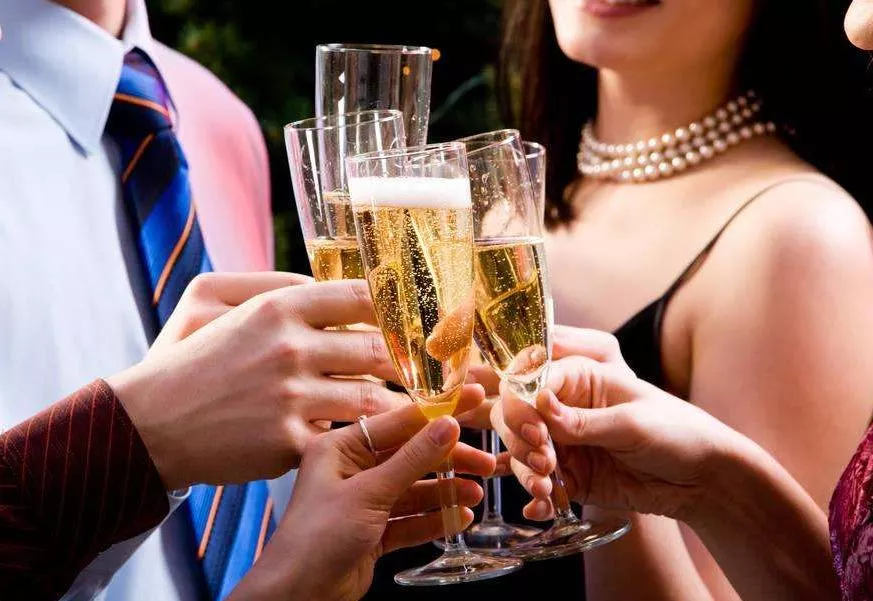
To do
– Wait for everyone to be served with a drink and the toast is proposed before drinking.
– In restaurants/ bars, don’t forget that everyone should take a turn to buy a round of drinks.
France
French: “Santé !”, “À votre santé !”, “À la tienne, Etienne ! (“to your health”)
Most common drink: Wine
Rules:Glasses are generally raised as the toast is made and sometimes, clinked together before the first sip is taken.

To do
– After serving you wine, wait until everybody gets theirs and the hosts have given their toast, then drink.
– When toasting others, clink glasses with everybody at the table.
– Filling a wine glass more than halfway.
– When clinking glasses, don’t cross your arm over anybody else’s.
– Don’t drink the last half inch of wine from the bottle, since it contains sediment, and that would be a tragic insult to the quality of the wine.
Germany
German: “Zum Wohl!” , “Prost!” (“goodhealth”)
Most common drink: Beer, sekt
Rules:The host gives the first toast. An honoured guest should return the toast later in the meal.

To do
– You should always touch all the glasses you can reach at your table when someone makes a toast.
– Don’t lose direct eye contact from the time the glass is raised, until it is placed back on the table.
Japan
Japanese: 乾杯” (“Kanpai”= “dry the glass”)
Most common drink: “Nihonshu”(Japanese sake)
Rules:Usually, toasts are only made at the beginning and end of Japanese parties or drinking and dining sessions, usually by the Japanese host. Generally, the most senior person on the hosting side would have the honours.
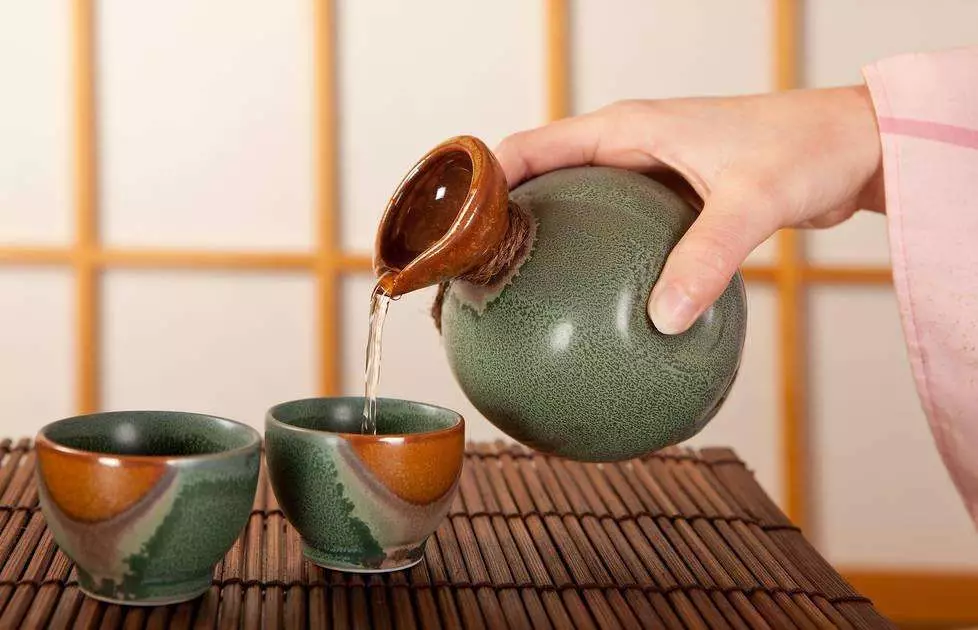
To do
– If you want to finish drinking, just leave your glass mostly full, that means it’s enough, also stands forfood.
– If someone offers you to refill your glass, quickly finish your drink and represent them with an empty glass,because it’s rude to refill if there is already something in it.
– In return, you should pour the other person’s glass.
– Don’t pour for yourself, there are superstitions that those who pour for themselves are doomed to live many years alone.
Russia
Russian:“na zdarovye” (На здоровье – “to your health”)
Most common drink: Vodka
Rules:Drinking in Russia is seen as a bonding activity, even in business. It’s a way of building trust and breaking down barriers. The host starts with a toast and the guests reply.
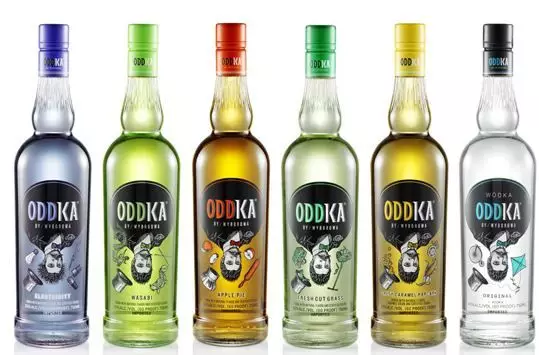
To do
– Begin eating only after somebody says a toast.
– After the toast, clink your glasses together.
– Don’t drink vodka with something fruity, drink it straight.
– Don’t drink until the first toast is offered.
– Don’t clink your glass if it is a non-alcoholic beverage.
– Refusing to drink is unacceptable unless you give a plausible excuse (health, religion).
Thailand
Thai: “Chai Yo”(“Hurray”= “cheers”)
Most common drink: Thai beer and whiskey
Rules: If you find yourself the guest of honour, you’ll probably be expected to sit at the middle of the table rather than at the head. The guest of honour is also usually expected to give a toast at some point. Toasts are often given throughout a drinking session, not just at the start.
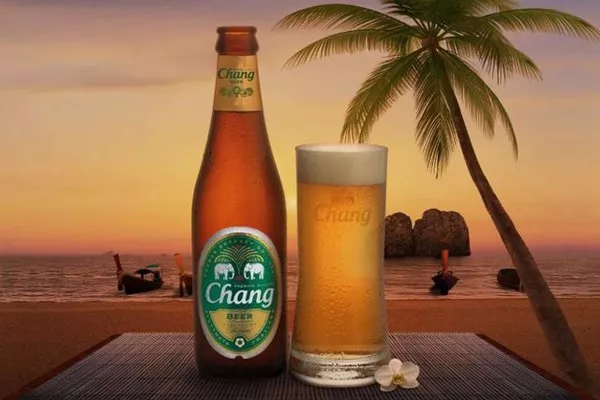
To do
– If someone is your senior or of higher status, hold your glass slightly lower and clink low on theirs.
– Top off the glasses of people around you if you fill your own.
– Don’t drain your glass unless you want a refill.
![]()
Dear ladies and gentlemen, I hope you will have a memorable experience next time when giving an international toast and CHEERS to that! Or should I say À votre santé!
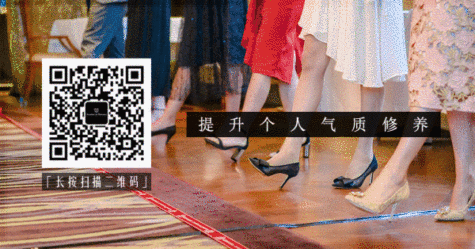
Follow us on WeChat for more etiquette articles
![]()
